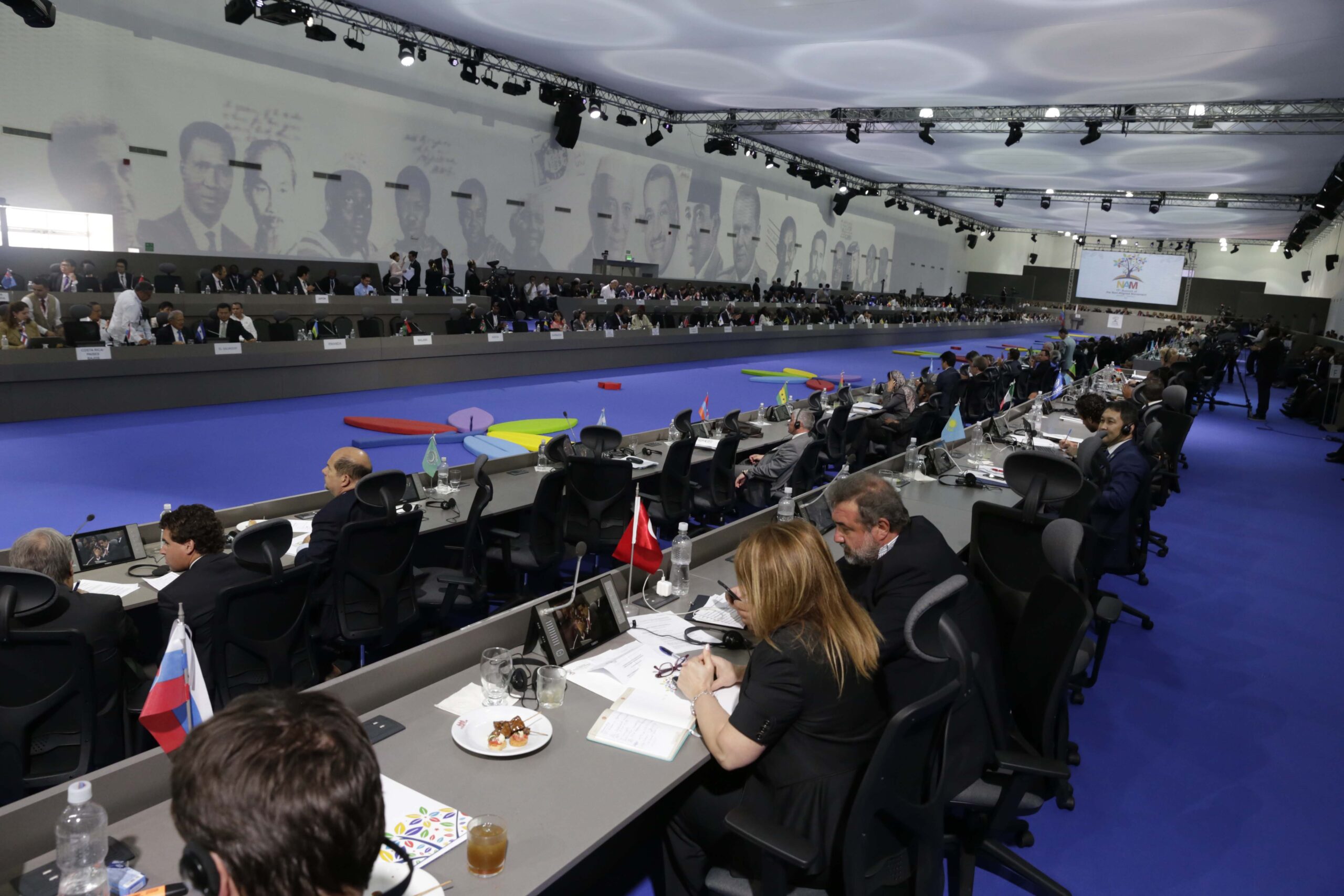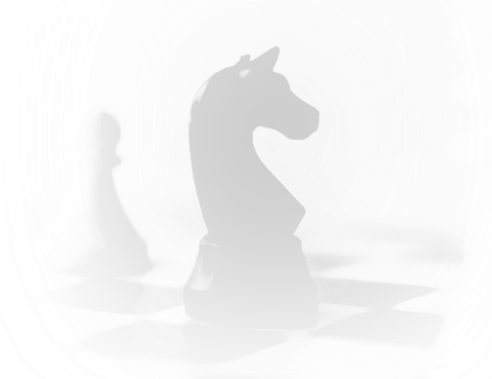
What does neutrality mean in the geopolitical sense? What are the origins of the concept of geopolitical neutrality and how has it changed over the years? What does neutrality mean to different countries?
VCDNP Senior Fellow Angela Kane discusses these and other questions in a new journal article published by Centre for Middle East Studies (CEMES) at the British University in Egypt.
The concept of neutrality peaked in international relations when going to war was considered by many as a sovereign right, but when there was a deeply felt need for peace for many countries. This same atmosphere was felt at the end of World War II when the United Nations was founded. In first decades of the UN's existence, it was commonly thought that a country that had proclaimed permanent neutrality was inherently ineligible for UN membership and certain for the Security Council. This paradigm began to shift in the early 1970s, in part because Austria - a neutral country - was elected for a seat on the Security Council.
Ms. Kane also touched upon the concept of neutrality and UN peacekeeping operations and "preventative diplomacy". Neutral countries have taken part in peacekeeping missions over the years. This was not seen as a contradiction to neutrality as a peacekeeping mission requires the consent from the parties of the conflict, the neutrality of the deployed UN forces and use of force only for self defense. Conversely, as the UN itself is a neutral organization and strives to avoid conflict altogether, preventative diplomacy in potential conflict zones became a key tenet of UN operations.
The inspiration for this article came from a conference held in March 2020 by the International Institute for Peace, in which Ms. Kane and VCDNP Senior Fellow Nikolai Sokov participated.
